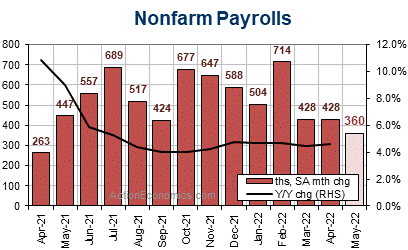German authorities have made a groundbreaking move in the battle against online piracy, seizing approximately 50,000 Bitcoin in the German state of Saxony. The seizure is part of an extensive investigation into copyright breaches and illegal online activities.
According to reports, the Bitcoin was linked to two individuals from Germany and Poland who were allegedly involved in the unauthorized distribution of copyrighted material. The suspects reportedly acquired the Bitcoin through the proceeds of their illicit online activities, which included the sale of unlicensed works dating back to 2013.
The Saxony police, in collaboration with prosecutors and tax authorities, successfully obtained the Bitcoin, which is estimated to be valued at around $2.17 billion at the time of the seizure. The authorities revealed that the suspects had transferred the Bitcoin to official wallets provided by the police, facilitating the confiscation process.
However, authorities have emphasized that a final decision regarding the utilization of the seized Bitcoin has not yet been made. The size of the seizure suggests that the suspects may have acquired the Bitcoin during a period of relatively low cryptocurrency prices.
This seizure marks one of the largest confiscations of cryptocurrency by law enforcement authorities to date. It underscores the growing efforts of governments worldwide to combat illicit activities in the digital currency space.
In a related development, German authorities have intensified their scrutiny of cryptocurrency exchanges operating within the country. According to a recent Coinbase report, German authorities issued nearly 1,906 requests for information from cryptocurrency exchanges between the fourth quarter of 2022 and the third quarter of 2023.
The crackdown on cryptocurrency-related activities extends beyond Germany’s borders. In South Korea, regulators have taken aggressive measures to recover unpaid taxes from cryptocurrency investors. Several cryptocurrency exchanges, including Upbit and Bithumb, have been ordered to examine the assets of thousands of individuals who owe substantial amounts in local taxes.
The seizure of 50,000 Bitcoin in Germany highlights the growing intersection between law enforcement agencies and the cryptocurrency industry. As governments worldwide step up their efforts to regulate digital assets, such confiscations are likely to become more common in the future.
